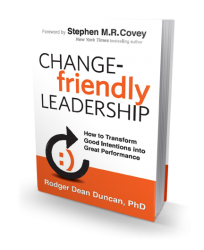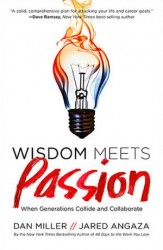HR’s career ladder is never quite clear. So who cares? Human resources job titles mean nothing, right?

Climbing the career ladder of HR job titles…
Wrong. Even if you really don’t care about it, others will judge you for better or worse the instant they see your job title. Today we’ll look at some of the various common titles as well as some career development choices you’ll have to make as an HR pro (generalist, specialist, or recruiting tracks).
Human Resources Job Titles-Ultimate Guide
Table of Contents
- List of HR Job Titles and Duties
- Progressing Up the Ladder
- Specialist vs. Generalist
- Recruiting-HR’s Cousin
- Education’s Role
- Additional Resources on HR Job Titles and Careers Continue reading

 I don’t have cable. I watch 1-2 shows online, but I’m otherwise not enslaved to the TV. Recently when visiting my wife’s parents’ home I caught a few minutes of an episode of Undercover Boss. It was an interesting show, but when it got to the end and the CEO started making decisions, I realized again how common this specific management mistake really is.
I don’t have cable. I watch 1-2 shows online, but I’m otherwise not enslaved to the TV. Recently when visiting my wife’s parents’ home I caught a few minutes of an episode of Undercover Boss. It was an interesting show, but when it got to the end and the CEO started making decisions, I realized again how common this specific management mistake really is.

 Quoting from Part 1 of this series as a refresher:
Quoting from Part 1 of this series as a refresher: